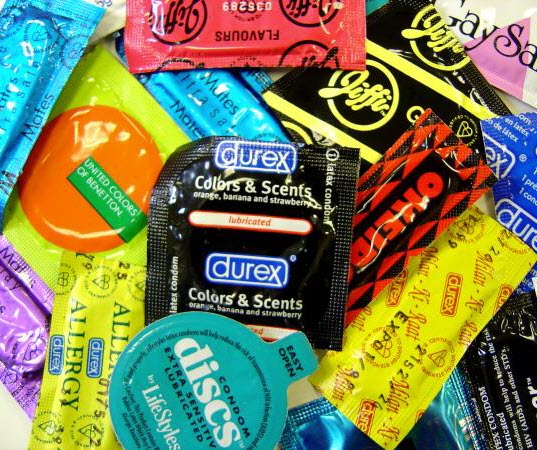There are no products in your shopping cart.
| 0 Items | £0.00 |

 NON-governmental organisation Aids Health Care Foundation (AHF) is planning to distribute 250,000 free condoms to Nigerians in six states and the Federal Capital Territory on Valentine's Day as part of its fight against sexually transmitted diseases.
NON-governmental organisation Aids Health Care Foundation (AHF) is planning to distribute 250,000 free condoms to Nigerians in six states and the Federal Capital Territory on Valentine's Day as part of its fight against sexually transmitted diseases.
Nigeria has the fourth highest number of people living with HIV in the world, as a total of 1.9m live with the ailment. With Valentine's day coming up on February 4, AHF has decided to make it the 2020 International Condom Day (ICD) and as such will be handing out packs to people in Benue, Kogi, Akwa Ibom, Cross River, Nasarawa and Anambra states as well as Abuja.
AHF Nigeria's marketing manager Steve Aborisade, stated that the 2020 ICD will be celebrated on February 13, with the theme Safer is Fun. He added that AHF would mark the day with a road walk, free distribution of condoms and HIV testing and counselling exercise across the six states and Abuja.
Other activities include entertainment and educational Safer is Fun activities alongside advocacy messages. Mr Aborisade, noted that Dr Echey Ijezie, the country programme director of the foundation in Nigeria had reiterated their commitment towards ensuring increased access to condoms as the world celebrates ICD.
He said the use of condom would assist in preventing unwanted pregnancy, HIV and Sexually-Transmitted Infections (STIs), as well as promote healthy lifestyles.
Quoting Mr Ijezie, Mr Aborisade said: “On February 13 and 14, we will show Nigerians how Safer is Fun and why we urgently need to take advocacy for condom access to a higher level. This is critical as people cannot take charge of their health if widespread stock outs, shortages and unaffordable prices for condoms continue.
“There are 1.7m new HIV infections annually and more than 1m new cases of curable sexually transmitted infections every day, according to Unaids and the World Health Organisation respectively. That is unacceptable when these conditions are 100% preventable, thus, governments and global health organisations must do more to ensure that people have easy access to free or affordable condoms.”